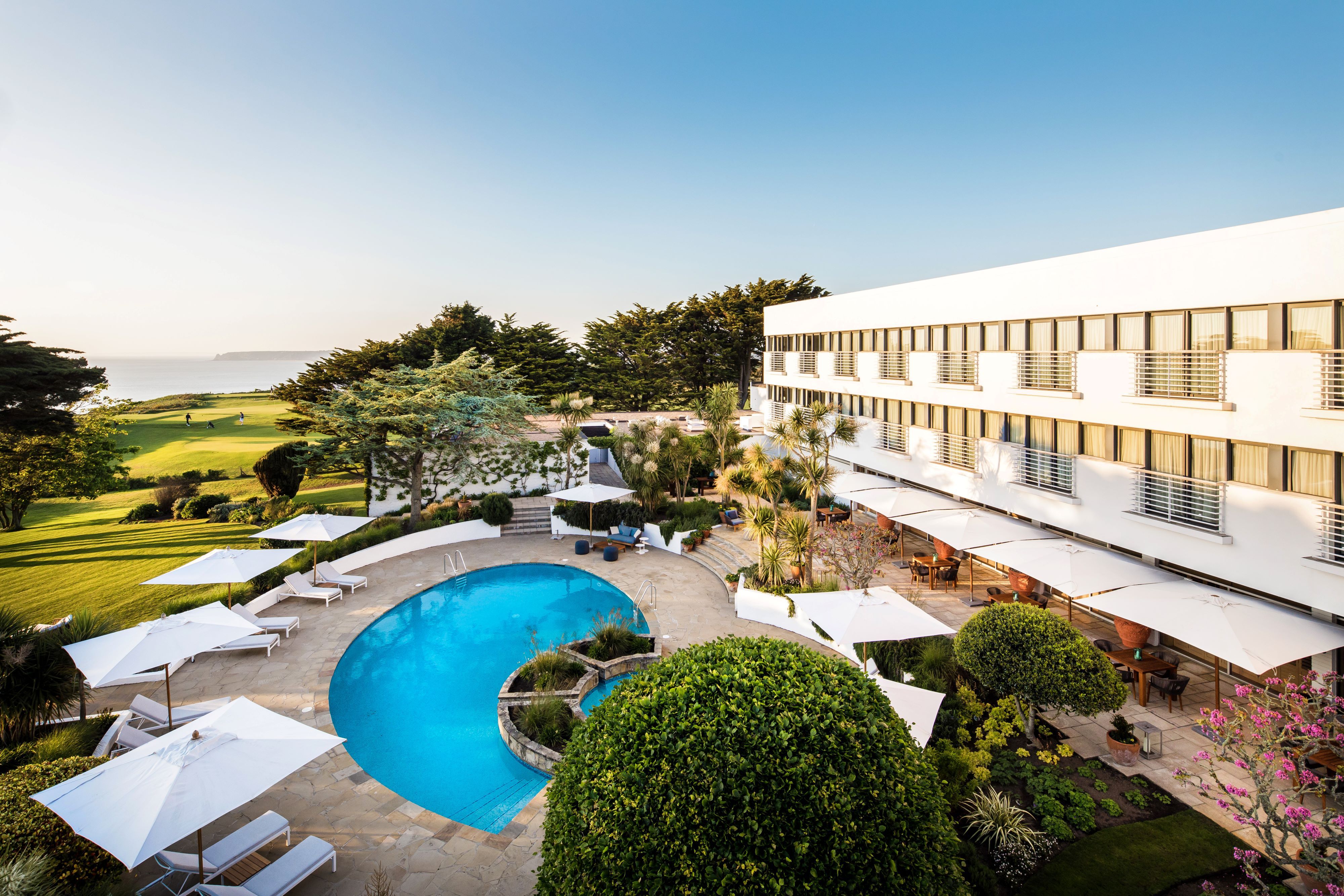PoB Hotels whitepaper highlights key hospitality trends for 2026
PoB Hotels’ latest whitepaper, The Evolution of Luxury: From Glamour to Grounding, offers a detailed look at how affluent travellers are reshaping expectations of British luxury hospitality. Drawing on insight from more than 1,600 affluent and high-net-worth travellers, the report highlights a shift away from opulence and spectacle in favour of emotional connection, comfort, provenance and experiences rooted in place. For hotels, these findings point to a future where luxury is quieter, more deliberate and more personal than ever.

Image: PoB Hotels member The Atlantic.
Here are the five key takeaways shaping the future of UK luxury travel.
1. Heritage is now the defining driver of luxury travel
Heritage has overtaken food, wellness and nature as the leading reason travellers book a luxury break. Three-quarters of respondents say historic and cultural experiences are their top priority, highlighting a deep appetite for meaning, grounding and a sense of story. Whether through architecture, traditions, local craft or reinterpretations of historic spaces, heritage has become the most powerful differentiator in the market. For hotels, it is no longer a backdrop but the heart of the experience.
2. Comfort, quiet and space have become the new status symbols
Extravagance is out; ease and tranquillity are in. Nearly eight in ten travellers describe comfort and quiet as essential to their holiday choice, with soundproofing, spacious rooms and calming design now considered core expectations. Guests also increasingly seek hidden gems and lesser-known locations that feel personal and unspoilt. The modern mark of luxury is the ability to rest deeply and escape the noise of daily life.
3. Domestic luxury travel is surging, and is no longer a “fallback”
UK breaks have entered a new era of prestige. More than half of affluent travellers took three or more domestic trips in the past year, and nearly six in ten plan to do the same in 2026. Climate confidence, global disruption and the rediscovery of Britain’s cultural and natural richness are driving this shift. Castles, coastlines, kitchen gardens and countryside escapes have become bucket-list experiences in their own right, challenging the long-held assumption that luxury must mean going abroad.
4. Dining has become the lens through which a stay is judged
Food now shapes the overall perception of a stay more than ever. Travellers expect variety across a single break, from relaxed pub classics to ambitious fine dining, and place high value on provenance, seasonality and menus that tell a regional story. Experiential dining - chef’s tables, foraging, vineyard pairings- continues to grow in appeal, particularly among top-tier travellers. Dining is no longer an amenity; it is the narrative thread that defines the entire experience.
5. Quiet sustainability and conscious detail build trust and loyalty
While travellers rarely select hotels solely for environmental claims, they respond strongly to visible, thoughtful choices. Local sourcing, refillable amenities, reduced plastic and support for nearby producers all contribute to a sense of authenticity and care. These gestures build subconscious trust, signalling integrity without performative “eco” messaging. The future of sustainable luxury lies in subtlety: actions that feel genuine rather than branded.
Across the findings, one theme stands out: luxury is no longer defined by excess, but by depth. Travellers want time, space, quiet confidence and experiences that feel real. For independent hotels, this shift creates a significant opportunity. By leaning into heritage, nurturing locally rooted dining, championing comfort and embracing conscious detail, Britain’s hotels are uniquely positioned to lead the next chapter in luxury travel.
Download the full whitepaper here: pobhotels.com/the-whitepaper.
)
)
)
)
)
)
)
)
)
)
)
)
)
)
)
)
)
)
)
)
)
)
)
)
)
)
)
)
)
)
)
)
)
)
)
)
)
)
)
)
)
)
)
)
)
)
)
)
)
)
)
)
)